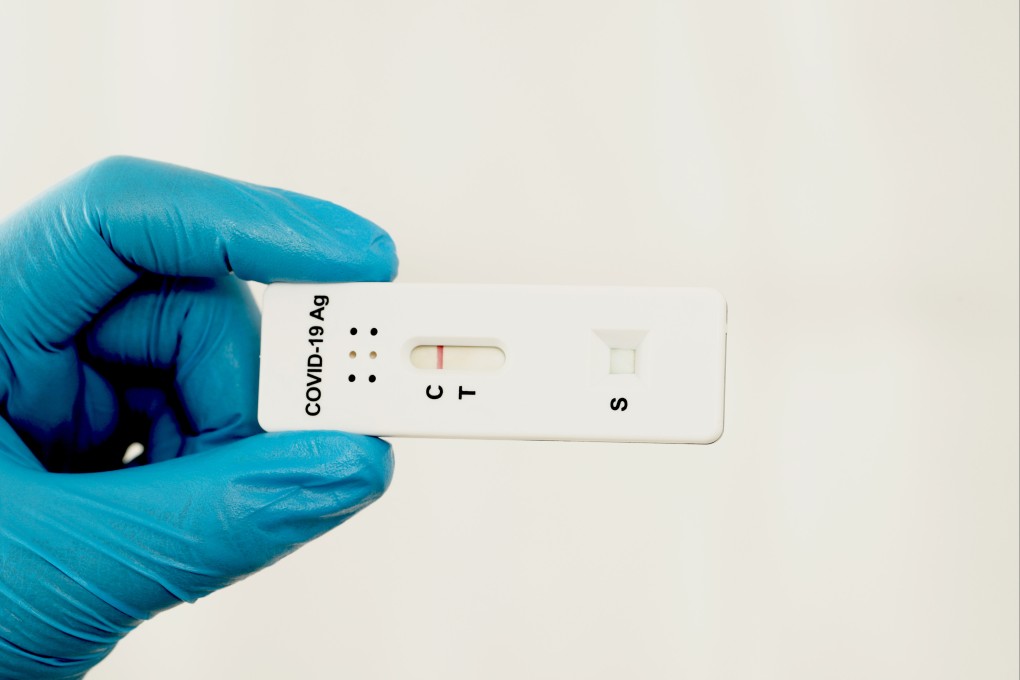Editorial | Rapid test kits serve as another weapon in fight against the virus
- The kits should not be abused, misused or ignored; Covid-19 is a health crisis and Hongkongers have a civic responsibility to follow rules or face penalties

Along with vaccination, testing is the most effective way to track and curb the spread of the virus that causes Covid-19. The high transmissibility of the Omicron variant makes that especially necessary. One hundred million rapid antigen tests the Hong Kong government is distributing will play a crucial role in swiftly stopping new outbreaks and could be used in conjunction with a citywide universal screening scheme authorities are considering. The kits should not be abused, misused or ignored; the fifth wave of the epidemic has swamped prevention and treatment resources and community health is at stake.
The government’s strategy hinges on finding the source of the virus, stopping its spread through social and public health measures, preventing cases from becoming serious and averting death. Rapid testing enables people who believe they may have been infected to easily get preliminary verification in about 20 minutes versus hours for a more accurate molecular, better known as a PCR, test. As the virus can quickly spread, even when someone does not have symptoms, such a result means sufferers know they should self-isolate and make arrangements for PCR testing for confirmation so that they can receive the most effective treatment.
The speed at which Omicron has raced through the community has caught authorities off guard and it will take time to shore up resources with the help of mainland counterparts. As facilities are beefed up and more staff deployed, the waiting times for compulsory testing and results will gradually shrink. Rapid testing is no substitute for laboratory analysis of samples, which is the most reliable way to verify cases. But it does enable quick and relatively inexpensive at-home testing for people who suspect they have been infected or feel unwell or are close contacts of confirmed sufferers. They then know to self-isolate and phone hotlines to inform health authorities.
Antigen tests are less accurate than those done under laboratory conditions. Kits need to be stored correctly, tests done in a particular way and results properly read. People in the early stages of infection may not get a positive result due to low levels of the virus being in the nose and throat, from where samples are taken. There is a risk that some people will refuse to use the kit or truthfully report results.
Covid-19 is a health crisis and Hongkongers have a civic responsibility to follow rules or face penalties. Accessible, accurate and fast testing, combined with vaccination, mask-wearing and good hygiene, will slow or stop transmission and increase the chance of a resumption of normal activities. Rapid antigen test kits, when used properly, have an important role in that process. They give people the information to protect themselves, their families and the community.
